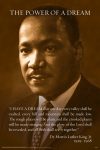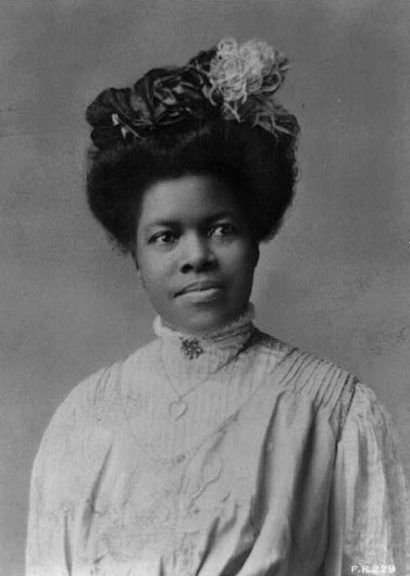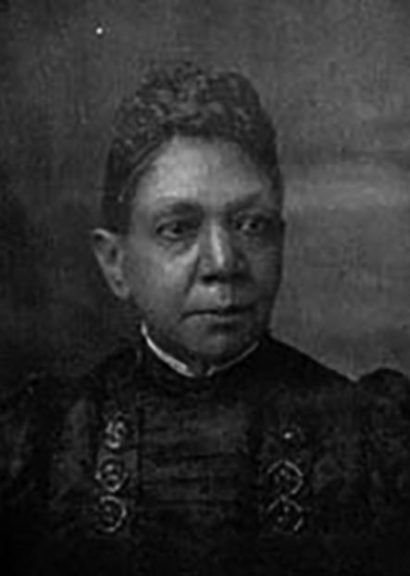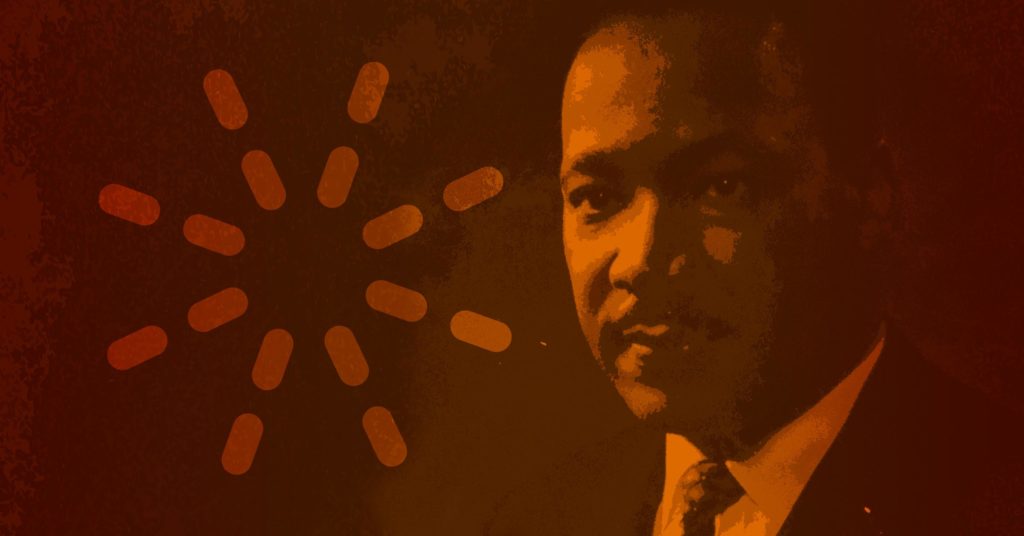Black History Month is a time for remembering and appreciating the accomplishments of African American people. Whether your church regularly celebrates Black History Month or not, consider marking the occasion in your kids’ ministry this February.
Why Black History Month matters for kids’ ministry
1. God calls us to unity
The Bible commands us to pursue unity through our mutual love of God and His Son Jesus Christ (Ephesians 4:11-15). We are not unified by the exterior. We are not unified through ourselves. But we are unified by God’s Word and Spirit. People often judge by what they see, but we are reconciled in whom we believe.
The world divides while the kingdom of God reconciles. One of the ways we bring unity is by fostering understanding, and celebrating Black History Month can create a foundation of knowledge and respect.
2. God calls us to love
Black History Month is an occasion to teach children why we should love one another even as God has loved us.
Teach all students to love one another. Teach them to resist shame and pursue the plan of God for their lives. Allow God’s Word to teach students how to live out love.

Download Your Free MLK Poster
3. God calls us to redemption
Slavery, captivity, and exile were never the will of God. They were all results of sin. God’s plan for creation was always good, but sin brought about hate and greed in hearts that in turn caused harm, and even death.
Aspects of personal history, family, or culture may have left students imprisoned in their hearts and minds. The great news is Christ has delivered us from the curse of shame and sin because He bore the curse for us on the Cross that the blessings of Abraham might come on the Gentiles (read Gal. 3:13-14). Now, we just have to receive the finished work of the Cross. God’s deliverance is more than physical freedom—it is freedom from sin and the brokenness of the past.
African American history is full of men and women who lived out a story of redemption and displayed integrity, bravery, leadership, and love—while facing injustice. Even in the midst of adversity, African Americans fought in wars, made inventions and medical discoveries, built infrastructures, and created technologies that advanced the world—and we see that same spirit today.
African Americans have a history of triumph and honor, and celebrating Black History Month is a way to tell the story of God’s redemptive power.
Ways to celebrate Black History Month in kids’ ministry
Introduce unknown African American heroes or ask students to create a short presentation on African American heroes of faith
Look online for information on historical figures, either well-known or new to you. Try this article that honors our forgotten black heroes. Your students might also be inspired to learn about these African Americans of faith:

Image credit: Public domain
NANNIE HELEN BURROUGHS (1878–1961) is known for starting the Women’s Auxiliary of the National Baptist Convention—which provided food, clothing, housing, and educational opportunities for poor people in the U.S. and throughout the world—and the National Training School of Women and Girls in Washington, D.C.—which offered a wide range of courses to its students but used the Bible as the core of its curriculum. Discover more of Nannie Helen Burroughs’ story in this article.
REVEREND DR. LACEY KIRK WILLIAMS (1871–1940) whose life took him from his birth in a one-room cabin in Alabama to pastor of one of the largest African-American churches in U.S. Williams’ faith led him to be deeply involved in addressing the problems of the migration as people of color were migrating by the thousands from the South to the North to find jobs. Discover more of Reverend Dr. Lacey Kirk Williams’ story in this article.

Image credit: Public domain
FANNY JACKSON COPPIN (1837–1913) was born a slave in Washington, D.C., and was 12 years old before her aunt was able to purchase her freedom for $125. She had a passion for education, but her Christian service extended far beyond the classroom. She and her husband, Reverend Levi Jenkins Coppin, served as missionary workers and founded the Bethel Institute, a missionary school with self-help programs for black South Africans. Discover more of Fanny Jackson Coppin’s story in this article.
Schedule a class trip to visit an African American museum or landmark
Time out together helps build community AND is fun for learning. Research your city or town for museums, galleries, and historic landmarks that celebrate the lives of African Americans.
Watch a video that celebrates the work of African Americans
Check out this one from Kid President.
Invite someone you know to share her own story
You don’t have to be famous to make a contribution to Black History Month. Someone in your church or community may have a story to tell about herself or her family history. Invite her to share how God has worked in her life with your kids’ group.
Above all things, study the Bible
While Black History Month is an occasion of celebration, it can also raise difficult questions. This is a good time for kids to know, understand, and begin to apply Scripture. Help them grasp for themselves that the Word is salvation, life, and light for their paths, freeing believers from the bonds of darkness. The Bible reveals the plan of God, and it is good (read Jer. 29:11)! Nothing will liberate souls, cleanse hearts, and renew minds like the Word of God.
Your plan for celebrating Black History Month doesn’t need to be elaborate. Even a small beginning can plant seeds of empathy and compassion as you minister to the next generation.







